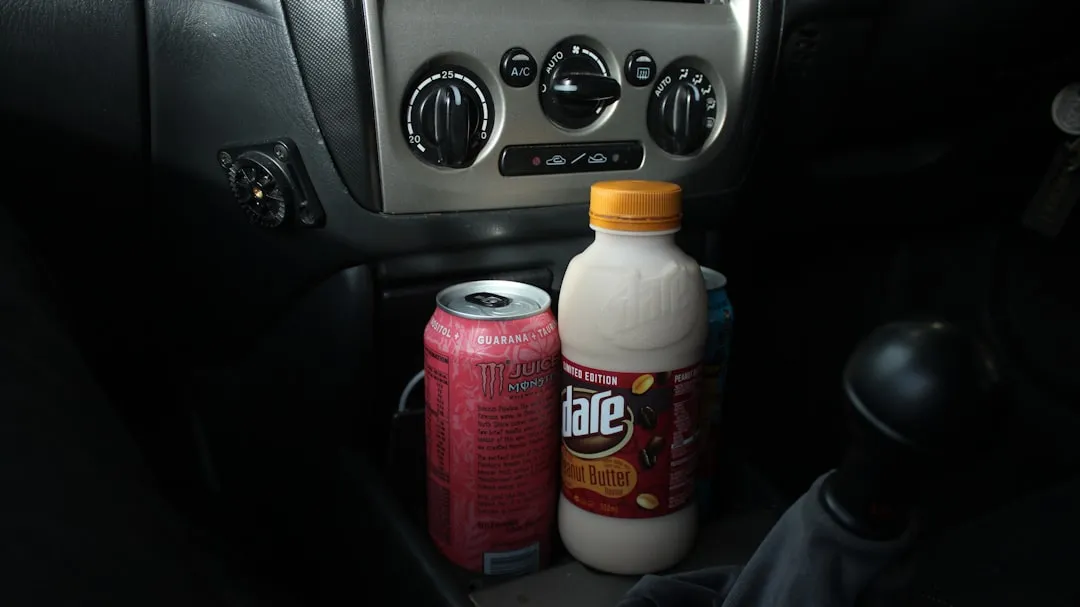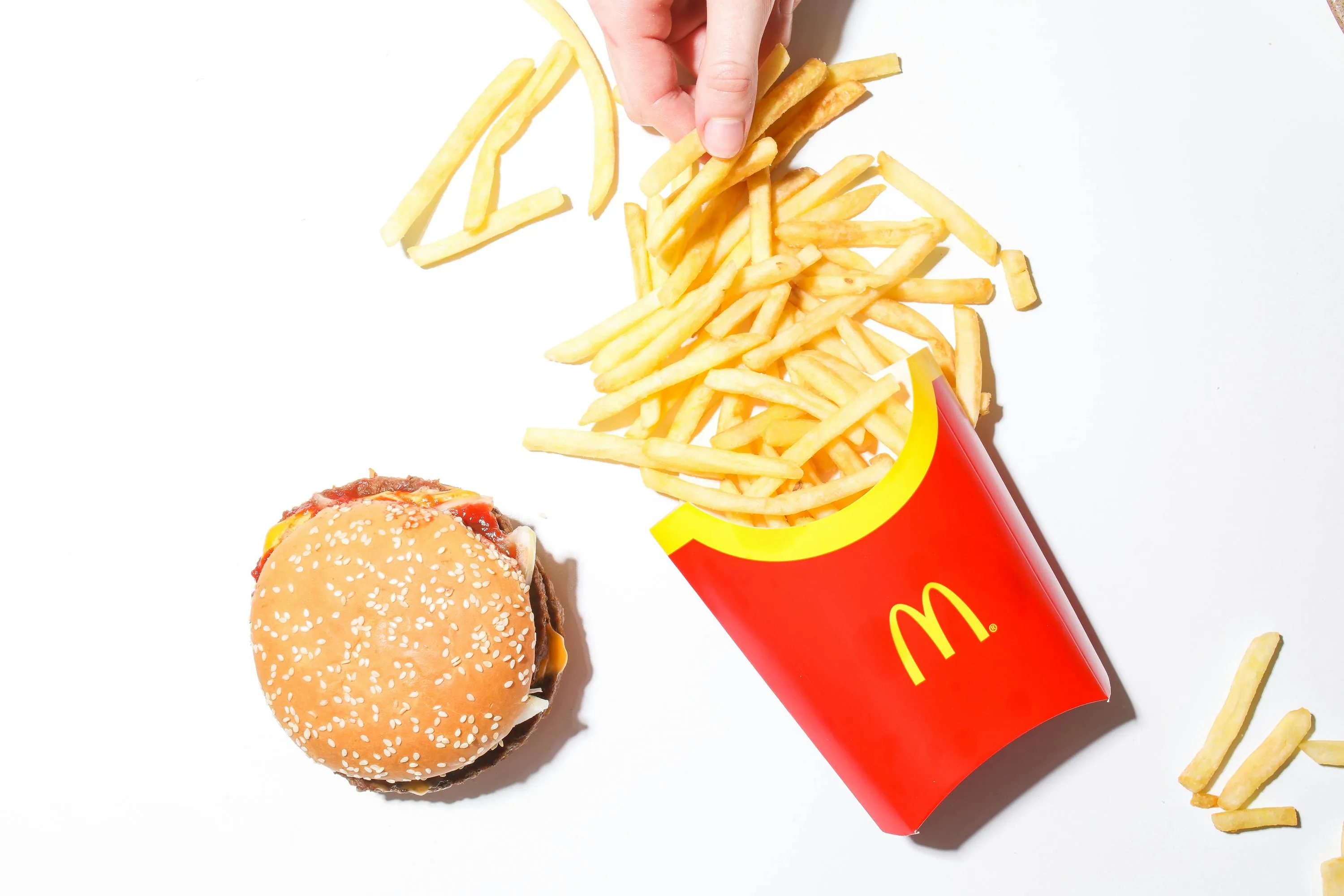Feed Your Family for £50 a Week: Smart Budget Meal Planning Made Simple
Difficulty: Novice
Time: 2-3 hours weekly for planning and prep
Cost: £50 weekly for family of four
Feeding your family well on a tight budget does not take spreadsheets or marathon prep sessions. Prices keep creeping up, you feel it at the till, so smart tactics matter. The trick is simple, shop with a plan, cook with purpose, and let a few flexible staples do the heavy lifting.
If you want a jump-start, tools like Chat GPT can spin up full meal plans for any budget that aim for affordability, simplicity, and balanced nutrition. Prefer a clear checklist? The 5-4-3-2-1 grocery method means five fruits, four vegetables, three proteins, two grains, one fun pick. It builds variety without overthinking, and it helps stop that 5 p.m. panic that ends in pricey impulse buys or takeaway.
The £50 weekly reality: proven family success stories
The £50 target is not a fantasy. Families hit it by choosing the right building blocks and cooking once, eating twice. One budget-conscious shopper maps out seven dinners for just $50 with rice, beans, pasta, and seasonal vegetables. The pattern is simple, start with filling bases, layer in flavor, keep waste close to zero.
Another family of three sticks to budget with "Stretch Meals", they cook one or two big dishes each week and eat them over two days. Think 2-for-1 in your own kitchen. Pulled pork turns into sandwiches one night and tacos the next, a hefty stew covers two dinners and saves a whole cooking session. Less spend, less time at the hob, no need for pricey convenience foods.
Then there is one mother who slashed her grocery spending from £100 to £45 a week. Her playbook is tight, plan around what is already in the fridge, pick cheaper cuts and add more veggie meals, weigh ingredients so nothing gets binned. She keeps a running pantry list too, no duplicates, no budget blowouts.
Strategic shopping techniques that deliver real savings
The biggest wins stack up long before the till. Purchasing larger quantities of staples like rice, beans, and flour drops the cost per serving. Instead of centering every plate on meat, treat it like a seasoning and bulk out with beans, lentils, or grains. Same satisfaction, lower bill.
Store brand products often match the big names for less. Smart shoppers recommend comparing price per kilogram rather than package prices to spot true value, and they visit different stores for the categories each does best. A small detour for pantry goods or produce can be worth it.
A curveball that pays off, food waste reduction shops. One family of three found The Very Green Grocery, spending just £11 a week on finds like M&S cooked chicken, Sainsbury's meals, fresh produce, Yorkshire puddings, cheese, and even flowers. These alternative venues rescue perfectly good food from landfills while delivering exceptional household savings. Look for similar programs in your area by searching "food waste grocery" or "surplus food stores."
Safety note: When shopping food waste stores, check expiration dates carefully and prioritize items you will use immediately or can freeze safely.
Practical meal planning without overwhelm
Start planning with your real week, not a perfect one. Simple weekly planning means counting how many meals you will actually cook at home, then picking flexible ingredients that earn their keep. Free planning templates are available from Canva, or you can purchase a £3.30 Paperchase meal planner from Tesco for ongoing use.
Focus on flexible building blocks, not fussy recipes. Building meals around rice, pasta, potatoes, and beans gives you a solid base for endless spins. Roast a whole chicken, serve it once, turn leftovers into sandwiches or quesadillas, then simmer the bones for broth. Extra spaghetti sauce, perfect pizza topping later in the week.
The most effective planners start with a quick inventory so nothing gets bought twice. Batch a few components, freeze smart, and you cut both spend and midweek stress. One experienced budget cook came in around $19 per person weekly by working the pantry, freezer, and refrigerator before buying more.
Making budget meal planning work for your family
Strategic planning shows that feeding families affordably takes technique, not deprivation. You still get hearty, tasty meals, minus the sticker shock. Whether you are staring down California prices or juggling UK inflation, keep a small stock of workhorse items like canned vegetables, rice, pasta, and spices, and you have the base for dozens of dinners.
Pick one change and run with it. Try the 5-4-3-2-1 list, lean into stretch meals, check a food waste store, or tighten your grocery list. Build the habit, then stack another. The payoff is the same every week, full plates and a calmer bank balance.

























Comments
Be the first, drop a comment!